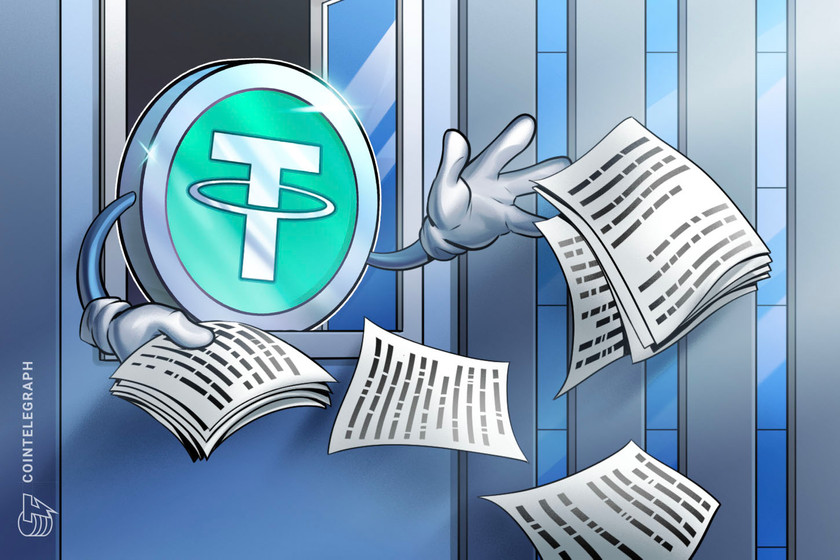‘Ludicrous’ to think Signature Bank’s collapse was connected to crypto, says NYDFS head


The superintendent of the New York Department of Financial Services reportedly dismissed claims the U.S. government was working to implement “Operation Choke Point 2.0.”
Adrienne Harris, superintendent of the New York Department of Financial Services, has reportedly said the closure of the crypto-friendly Signature Bank in March had nothing to do with exposure to digital assets.
According to an April 5 report in The Wall Street Journal, Harris made the remarks at the Chainalysis Links conference in New York City. She reportedly described the events leading up to the failure of Signature as a “new-fashioned bank run,” calling the idea that it had any relation to crypto exposure “ludicrous.”
Harris also reportedly pushed back against the idea that the United States government was actively working to limit certain industries’ access to U.S. banking services in what many have dubbed “Operation Choke Point 2.0.” The original Operation Choke Point, implemented by the U.S. Department of Justice from 2013 to 2017, targeted banks suspected to have exposure to companies potentially involved in fraud or money laundering.
Earlier today #NYDFS Superintendent Adrienne Harris joined CSO and co-founder @jony_levin to discuss the future of digital asset oversight and important developments in global financial regulation at @chainalysis #Links23 pic.twitter.com/7ie6HnDVRr
— NYDFS (@NYDFS) April 5, 2023
The NYDFS took control of Signature Bank on March 12, claiming it was protecting the U.S. economy from “system risk.” The bank was the latest failure following the collapse of the crypto-friendly Silvergate Bank and Silicon Valley Bank.
Related: Tether ‘unequivocally reiterates’ no exposure to Signature Bank
Former House of Representatives member and Signature board member Barney Frank said there had been no issue with the bank’s solvency at the time of the seizure, suggesting regulators were making a “very strong anti-crypto message.” Some lawmakers including Colorado Senator Michael Bennet said Signature did not make “prudentially sound” decisions by associating with crypto firms.
Magazine: Unstablecoins: Depegging, bank runs and other risks loom



















